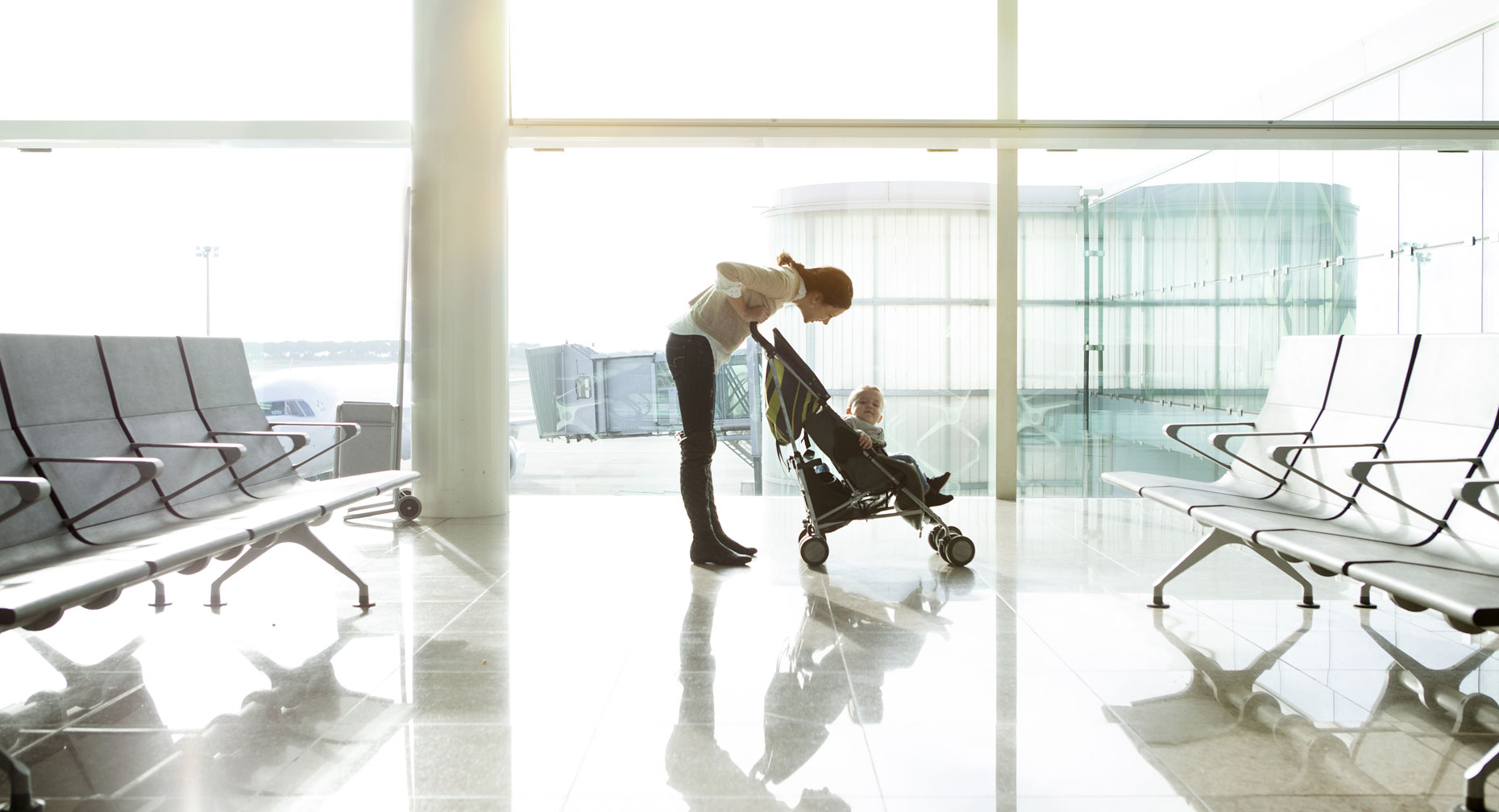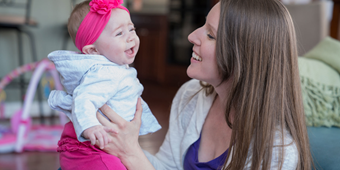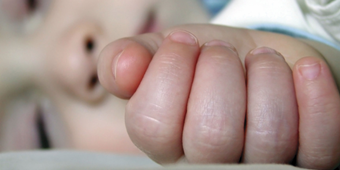Breastfeeding on the Road: 9 Essential Tips for Travel

Answer a few questions and we'll provide you with a list of primary care providers that best fit your needs.
If you’re breastfeeding, traveling — with or without your baby — can be challenging. With some simple preparations, you can keep your baby nourished while also maintaining your sanity.
On a plane, if you need to breastfeed your baby, be sure that you and your child remain buckled in for safety.
Be sure to check in with your pediatrician before traveling with a breastfeeding infant to ensure that your baby is healthy enough to handle a trip with a slightly altered feeding schedule. Your baby’s doctor can also help you think through all of your preparations.
Tips for Traveling with Your Baby in Tow
Whether you’re going by train, plane or car, you have options to make your trip more comfortable and breastfeeding more manageable while travelling.
- Plan to nurse frequently, as needed. Making arrangements to have frequent opportunities to nurse will help you maintain your milk supply, while sustaining your child physically and emotionally throughout the journey.
- Strap in for safety while in flight. Regardless of the type of vehicle, it’s important to have your child seated and secured while in motion. This means that children should be restrained in a plane in a similar manner to how you would use a car seat while traveling in the car. On a plane, if you need to breastfeed your baby, be sure that you and your child remain buckled in for safety. This sounds tricky, but moms have verified that it does work!
- Pack comforting items from home. Packing some familiar items, such as a blanket from home or a few toys they are familiar with, can keep your baby feeling cozy and entertained during travel.
- Dress the part. With all the preparations that need to be made, your outfit might be the least of your considerations — but wearing soft, comfortable clothing that is easy to adjust for nursing or pumping will help you feel relaxed and prepared. Speaking of preparation, packing a few extra sets of clothes in your carry-on might be a good idea. In case you have a long layover, you’ll have your clothes with you, and if your baby has a leaky diaper, you’ll be prepared with fresh clothes.
- Plan trips during nighttime or nap time. If your baby seems to sleep well when traveling, try scheduling your trip to go through the night, or when your baby would otherwise be sleeping. If the baby sleeps throughout a portion of the journey, it might be more restful for both of you.
Traveling Without Your Nursing Baby
There are a few strategies to make traveling without your nursing baby easier than you’d think.
- Build up a milk stockpile beforehand. You may want to build up a supply of breast milk for your child to have while you are away. Manual or electric breast pumps can help you to express enough milk to store. In many cases, you might be more successful if you build your supply slowly over several weeks before your travel, rather than trying to do it all at once.
- Sneak an extra session in. To get the extra milk you need to feed your baby while you’re away, you may need to add an extra pumping session for a few weeks, perhaps in the morning before the baby wakes up.
- Bottle feed before you leave. If your baby has not taken a bottle before, plan enough time to make sure that he has time to master drinking from a bottle before you depart.
- Stick to the schedule. If you plan on continuing to breastfeed your baby when you return from your trip, you will need to pump or otherwise express breast milk on your regular schedule.This milk can be stored in clean containers that are tightly sealed, then transported refrigerated or frozen. If storing your expressed breast milk is not practical or possible during your trip, continue to pump on schedule during your trip but discard the milk afterwards. This will help ensure that you produce the same amount of milk when you get back to your baby.
Answer a few questions and we'll provide you with a list of primary care providers that best fit your needs.
Source: Centers for Disease Control and Prevention; LaLeche League; National Institute of Child Health and Human Development




